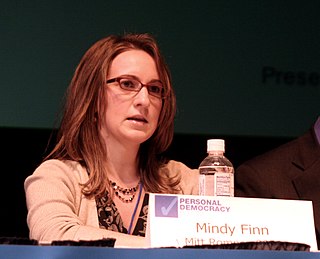A Quote by Joe Lonsdale
A recipe I've seen work in early-stage startups is a small tight-knit group of passionate people who are obsessed with their vision of how to fix a particular industry. Conversely, teams composed of people with a lot of specialized experience at running a large business are not as likely to do very well in the first year or two of a startup.
Related Quotes
There are two companies that the AI Fund has invested in - Woebot and Landing AI - and the AI Fund has a number of internal teams working on new projects. We usually bring in people as employees, work with them to turn ideas into startups, then have the entrepreneurs go into the startup as founders.
The result is that a generation of physicists is growing up who have never exercised any particular degree of individual initiative, who have had no opportunity to experience its satisfactions or its possibilities, and who regard cooperative work in large teams as the normal thing. It is a natural corollary for them to feel that the objectives of these large teams must be something of large social significance.
Get the process of negotiation away from the small specialized group that some people have called the "nuclear theologians" ... Only a few people can understand the nature of these weapons ... This kept the whole discussion to a very limited group of people who, in a way, had assumed responsibility for saying whether we should live or die.
A small group is powerful in matters relating to a particular industry, because then it is normally the only organized force, but it is less formidable when questions which divide the entire nation are involved, for then it must take on organized labor and other large organized groups. The business community in the aggregate is for this reason not uniquely effective as a pressure group.
There are millions in this country of people who bring a lot of qualifications to the table, but I feel that there's an opportunity to be a voice for those people - as somebody who has been a small business owner, who's worked in the tech community, who is a mother of two small children, but also has experience in the public policy arena.
































